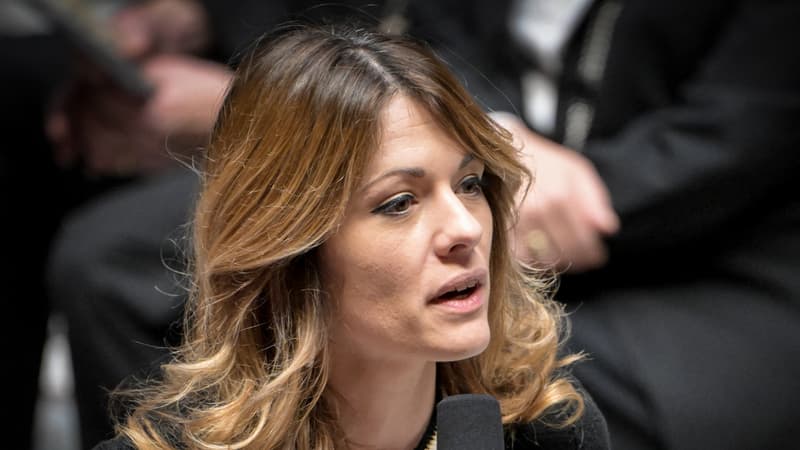Increase the pressure a little more. After the interview with Michel Barnier this Tuesday, November 26 on TF1, the government spokesperson offers an after-sales service to avoid at all costs a motion of censure that would overthrow the Prime Minister. With a strategy: transfer responsibility to the opposition camp.
“Those who risk sending the country against the wall will have to assume responsibility for a lasting weakening of France,” laments Maud Bregeon this Wednesday on France Info.
“Deep into the deficit”
For several days, the executive has been trying to save the head of government politically. And rightly so: Michel Barnier has every chance of being overthrown in the National Assembly around December 20.
The Prime Minister reiterated to the 8pm newspaper that he would “certainly” use 49.3 to pass the budget in an attempt to reduce the country’s high deficit. Its activation will allow the opposition to present a motion of censure.
To achieve this, they must gather at least 289 votes. If the votes of the entire left and the RN are added, there are 320 deputies, more than enough to overthrow Michel Barnier.
If his government falls, “there will probably be a fairly serious storm and serious turbulence in the financial markets,” Michel Barnier further warned.
“We have the option between raising our heads, accepting a recovery budget (…) or sinking into a deficit that we know where it will lead, towards a lasting weakening at the economic level,” said Maud, for her part, Bregeon this Wednesday. tomorrow.
Tools to have a budget even without the Prime Minister
Will these warnings be enough to convince RN and a part of the left, particularly the socialists, not to support the motion of censure? Nothing is less certain.
From a constitutional and legislative point of view, the tools exist to have a budget, even with an overthrown government, either through a special bill or through ordinances.
First option: article 45 of the organic law relating to finance laws, which allows resorting to a “special bill” to “continue collecting existing taxes” until the vote on an adequate budget next year.
Second option: resort to the orders permitted by the Constitution if the debates continue beyond 70 days, as established in article 47. This year, the end of this constitutional period will occur on December 21 at midnight.
But from a political and financial point of view, the situation could get complicated. Investors in the markets have shown signs of nervousness in recent days.
French debt remains attractive
The difference between benchmark 10-year loan rates between France and Germany has reached its highest level since 2012, a sign that could suggest Paris could eventually have trouble getting markets to buy its debt.
However, the observation still needs to be put into perspective: in 2012, Germany borrowed at interest rates among the lowest in its history, mechanically increasing the gap with France.
In terms of “the quality of its debt”, that is, the chances that investors will receive their repayment, it remains among the best of the countries evaluated, despite a rating downgrade carried out last July by the agency. Standard&Poor’s, when France was in the midst of a political crisis. .
Source: BFM TV


